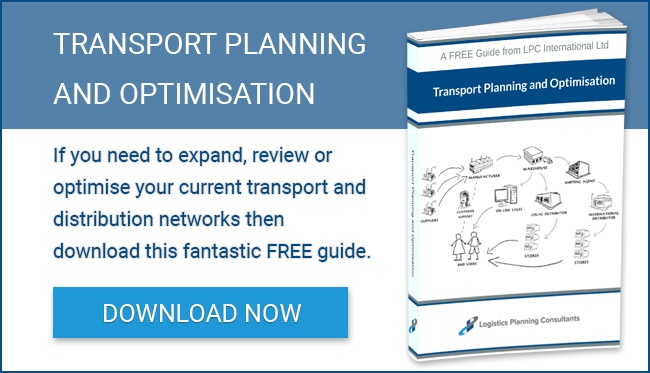
Any consultant is expected to supply specific expertise and deliverables as per his or her terms of reference, and that is their responsibility during a consultation assignment.
However, there are certain overarching expectations and responsibilities to ensure that the engagement delivers optimum value over and above the client’s expectations in many cases. Here are the main responsibilities when it comes to supply chain consulting…
1) Provide Leadership Of The Project Or Engagement
Clients want and expect to be shown something – whether to improve a process, achieve some measurable supply chain productivity gain, or simply acquire greater knowledge on a specific topic. The consultant must lead the way as regards organising and delivering activities in a structured manner, demonstrating value through extensive supply chain experience and expertise.
2) Communicate Regularly With Client Management
Keep the client informed about progress, significant activities and relevant findings. Depending on the length and complexity of a project that may include publishing and updating a timetable and/or a periodic status report.
When necessary, deliver presentations and assist management to make decisions when required. Respond to requests to perform specific activities but do point out any possible conflicts with the agreed scope and if the workload grows too demanding.
3) Develop An Understanding Of The Company & Its Supply Chain
That will probably involve carrying out research and investigation together with data gathering and collating. It will almost certainly involve interviewing members of management, staff and possibly other stakeholders both internal and external, with prior approval and minimum disruption to their daily routine.
4) Perform Analysis
Every contact results in some new information about aspects of the supply chain being acquired, which must be recorded. Empirical data and metrics should be analysed, when they are available, and sought out when they are not already being collected.
Analysis should be objective in the main but, of course, one of the key benefits of engaging a consultant is to obtain subjective analysis based on extensive experience and specialist knowledge.
5) Conduct Meetings & Workshops
Whether as chair or facilitator, the consultant should steer meetings in such a way as to ensure they meet their goal. This is part of the leadership responsibility mentioned above.
It is vital that the output form these gatherings is properly recorded in such a way that proper assessment and analysis can be made, and relevant notes or minutes (as appropriate) be circulated to attendees and interested stakeholders.
6) Identify Issues, Form Sensible Hypotheses & Potential Solutions & Present Them
This is usually where the client will perceive the true worth of a consultant to emerge. Depending on the terms of reference, the advice provided by the consultant may imply significant change to the client’s process, possibly with accompanying risk.
Therefore the onus is on the consultant to invest deep thought in findings so that any recommendations are properly formulated in a sensible manner and are commercially viable in the context of an end to end supply chain. Presentations should be reasonably concise, supported by background data or calculations as required, but allowing ample time for Q&A sessions.
7) Implement Agreed Actions (When In Scope)
If the engagement requires the consultant to deliver on the findings and recommendations, then the consultant is responsible for project managing the execution of that task, or at least providing significant input to the project delivery. Success of the consultancy may well depend on successful delivery of the findings, not just of the investigation phase.
In Summary
Supply Chain consultancy is a subset of management consultancy, with the emphasis on management. The consultant must understand the viewpoints and objectives of the client’s management team be part of that team and apply similar sentiments when approaching the objective of the consultancy exercise.
Transport planning is a key activity in supply chain management. Download our free guide Transport Planning & Transport Logistics and see how the advice provided can be applied to your own operation.


